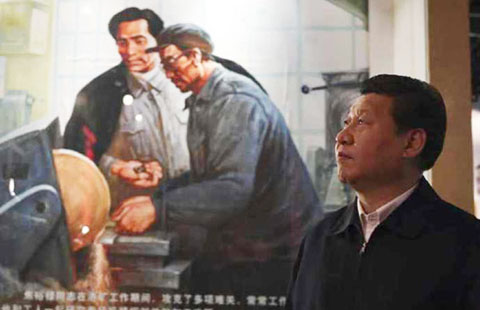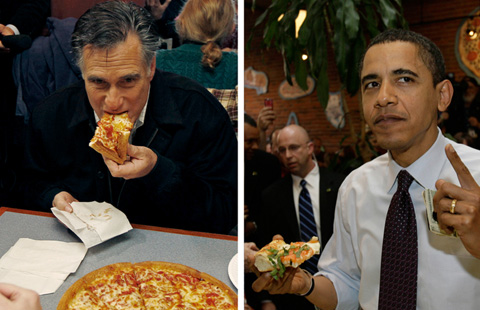Experts urge ban on ads for tobacco
Updated: 2014-03-17 07:58
By Shan Juan (China Daily)
|
||||||||
Public health and legal experts are urging that a comprehensive ban on tobacco-related advertising and promotion be included in an amended law aimed at curbing smoking, particularly among youths.
Public comment on the law is currently underway online and will continue until March 24, according to the State Council's legislative affairs website.
"Compared with the current version, it has been improved, but it still lags behind the World Health Organization's standards," said Xu Guihua, deputy director of the Chinese Association on Tobacco Control.
Advertising is a critically important issue because it is known to increase tobacco use, particularly among young people, Xu said, which is why the WHO has taken a hard line.
"Banning all forms of tobacco advertising is one of the most cost-effective measures governments can take to reduce demand for tobacco products," said Fabio Scano, head of disease control at the WHO's China office.
The State Council's consideration of amendments provides an important opportunity to strengthen China's tobacco-control policy, he said.
According to Jiang Yanming, a division director of the State Administration for Industry and Commerce, the amendment expands the existing advertising limitations to new media forms, including the Internet and electronic publications.
Also, some additional places - libraries, art galleries, museums, public parks and public transportation - would be covered.
The amended law would better meet the demands of the public in accord with the practical situation in the country, he said.
That is not enough, said Xu Zhengzhong, a professor at the Chinese Academy of Governance. Despite the improvements to the law in the revised version, the ban still doesn't cover such things as tobacco advertisements at cigarette shops, large open-air billboards, brand-extension activities or tobacco industry sponsorship, he said.
"To deter would-be violators, more severe punishments like huge fines should be considered," he said.
Jiang Yuan, deputy director of the Chinese Center for Disease Control and Prevention's Tobacco Control Office, agreed. The influence of advertising on the young is powerful, she said.
"It can indeed attract new smokers and increase tobacco consumption," she said, referring to a survey showing that about 34 percent of Chinese youths who smoke were "inspired" by advertisements.
Huang Jiefu, head of the Chinese Association on Tobacco Control, urged all stakeholders to take more forceful measures to curb tobacco advertising in accordance with WHO guidelines, known as the Framework Convention on Tobacco Control. China ratified the framework in 2005, and the treaty came into force in the country in 2006.
But China lags in fulfilling its obligations, Huang said. The signatory parties have an obligation to "undertake a comprehensive ban of all tobacco advertising, promotion and sponsorship" within five years of the treaty coming into force.
The framework calls for a comprehensive ban on all forms of tobacco marketing - including direct advertising, promotion and sponsorship. It identifies all of these as strategies used by tobacco companies to increase demand for their products.
shanjuan@chinadaily.com.cn

 Fashions of the first ladies
Fashions of the first ladies
 Pro-Russian forces take over Ukraine's naval HQ
Pro-Russian forces take over Ukraine's naval HQ
 New US envoy hits ground running
New US envoy hits ground running
 HK cellist to perform at Carnegie Hall
HK cellist to perform at Carnegie Hall
 Skyscrapers in E China resemble LV check pattern
Skyscrapers in E China resemble LV check pattern
 President Xi honors memory of devoted county Party chief
President Xi honors memory of devoted county Party chief
 More than just food
More than just food
 Miss world visits cancer children in Colombia
Miss world visits cancer children in Colombia
Most Viewed
Editor's Picks

|

|

|

|

|

|
Today's Top News
Tour adds 'new dimension' to Sino-US ties
Hunger strike off, anger remains
China largest holder of US debt
California shelves proposal
Chinese treasures on the block
China must expand inbound tourism
Tourists offered compensation for bad air days
US first lady's China visit to boost relations
US Weekly

|

|







